|
Introduction Sport-related concussions (SRC) pose a significant challenge in youth sports, characterized by their complex nature and potential for long-term consequences. Unlike simple impacts, SRCs are traumatic brain injuries that disrupt cognitive, emotional, and physical functions. The symptoms often resolve within a week to ten days but can extend longer, particularly affecting the developing brains of young athletes and complicating both diagnosis and management. The importance of effective concussion management strategies has been highlighted by high-profile cases such as Rowan Stringer’s in Canada, which have spurred legislative changes in Canada and heightened awareness. One crucial tool in managing these risks is Neuropsychological Baseline Testing (NBT), increasingly used not just in elite sports but also in youth sport to support concussion management protocols. Addressing the Epidemiology of Youth Concussions Understanding the Risks: Concussions are common in children and adolescents, with one in five experiencing a concussion by age ten. However, only a quarter of these injuries result from sports. The incidence is underreported due to a lack of awareness and reluctance to report injuries for fear of missing playtime. Young athletes, especially adolescent males, are at a heightened risk due to physiological factors like less myelination and weaker neck muscles, which can increase susceptibility to concussions. The Rationale for Baseline Testing Comprehensive Health Evaluation: Just as athletes are routinely evaluated for physical attributes like strength, speed, and agility, assessing brain health through baseline testing is equally critical. The brain orchestrates all physical activities, yet its health often goes unchecked. Baseline testing provides a snapshot of an athlete's cognitive state before potential injury, serving as a crucial reference for post-injury assessments and ensuring informed, safer return-to-play decisions. Holistic Approach to Athlete Safety: Sports demand more than just physical prowess; cognitive and psychological readiness are equally vital. Baseline tests, designed to be multimodal, offer insights into an athlete’s cognitive function, emotional stability, and other psychological facets, integral to comprehensive athlete health management. What Does Baseline Testing Entail? Beyond the Basics: Effective baseline testing transcends mere numerical scores; it involves an in-depth understanding of an athlete's medical history and potential predispositions, such as migraines or sleep quality issues, which can influence symptom interpretation post-concussion. Awareness of an athlete's mental health background or learning challenges further aids in crafting a nuanced management strategy. Continuous Evolution: Baseline testing methods are continuously refined through research and technological advances. They are designed to be multimodal to capture the diverse functionalities of the brain, covering various aspects of cognitive health. Implementation of Baseline Testing Routine Health Screenings: Cognitive health assessments at key points, should be as routine as physical examinations. They assess musculoskeletal and cardiovascular health and are crucial for ensuring overall athlete wellness. Far from being a chore, these evaluations are essential for understanding and optimizing the health of the very organ that controls all bodily functions. The Role of Parents in Concussion Management
Educational Advocacy: Parents play a vital role in managing their child's health post-concussion. They must be well-informed about SRC symptoms, potential complications, and effective management strategies to make knowledgeable decisions about their child’s recovery and return to play. Combatting Misconceptions: It is crucial to educate parents about the benefits and limitations of baseline testing. This knowledge helps prevent misconceptions that could lead to delayed medical attention or reliance on inadequate recovery strategies. Conclusion Baseline concussion testing is an evolving tool that is very helpful in the arsenal against sport-related injuries, providing essential data to manage concussions more effectively and safely. It supports structured return-to-play processes and complements clinical assessments to tailor recovery programs to individual needs. Regular engagement in baseline testing, understanding its benefits and limitations, and fostering a collaborative approach among athletes, parents, and sports professionals are crucial for promoting safer sporting environments. By integrating these practices, we can enhance protective measures for our young athletes, ensuring their performance and safety in sports.
0 Comments
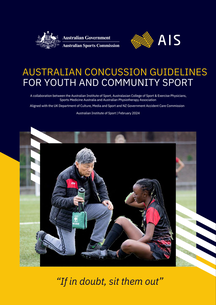 After many twists and turns, in most parts of Australia we have finally been able to get an amended sports season underway. To all of the wonderful volunteers and organising bodies that made this possible, a huge thank you. As a community we can't underestimate how important it is having even a shortened season underway. As we have completed a shortened preparation for the season, the difference in your young athlete would be obvious. We have something that resembles our regular routine, seeing the excitement in your young athlete is a great change from indifference or boredom. In terms of young athletes getting back to sport, it is important to recognise they have been experiencing stress across a range of areas in their lives as well. Each young athletes’ individual social situation, home environment and how they have managed the transition back to school can all impact their sport. Sport provides important social connections, which have been absent for months during lockdown. Stress has an impact on motivation and effort - anecdotally I see this from talking with junior coaches who are seeing their young athletes are not quite the same as they were a few months back. One of my best mates has a 12 year old, a mad keen rugby union player was asked recently if he was excited to get back to rugby "yeah, sort of" was the reply - this is a young athlete who played junior reps last year.
|
AuthorScott has been involved in both elite sport and with everyday people for over 20 years, as a Strength & Conditioning Coach, Exercise Physiologist and Sports & Exercise Physiotherapist. ArchivesCategories
All
|

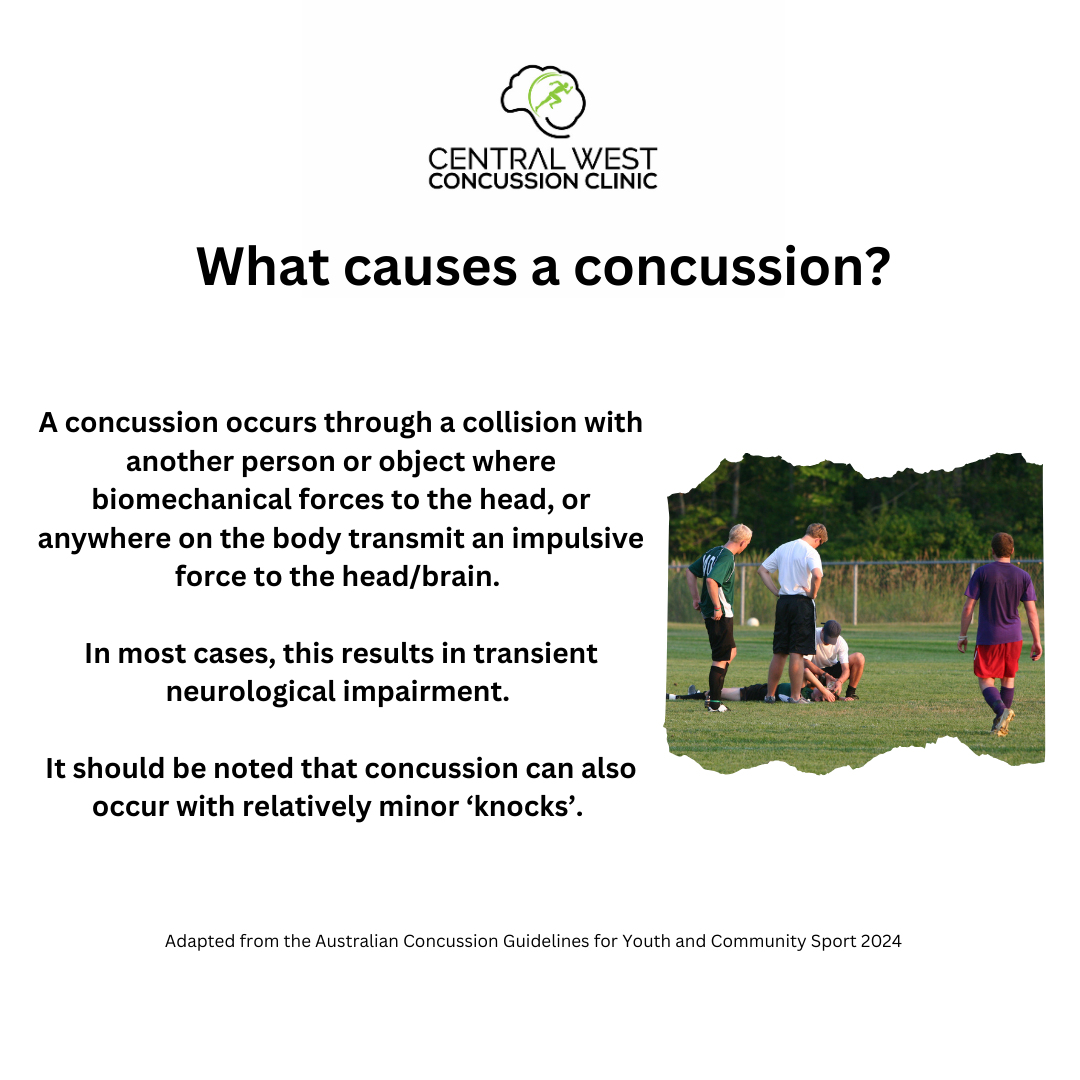
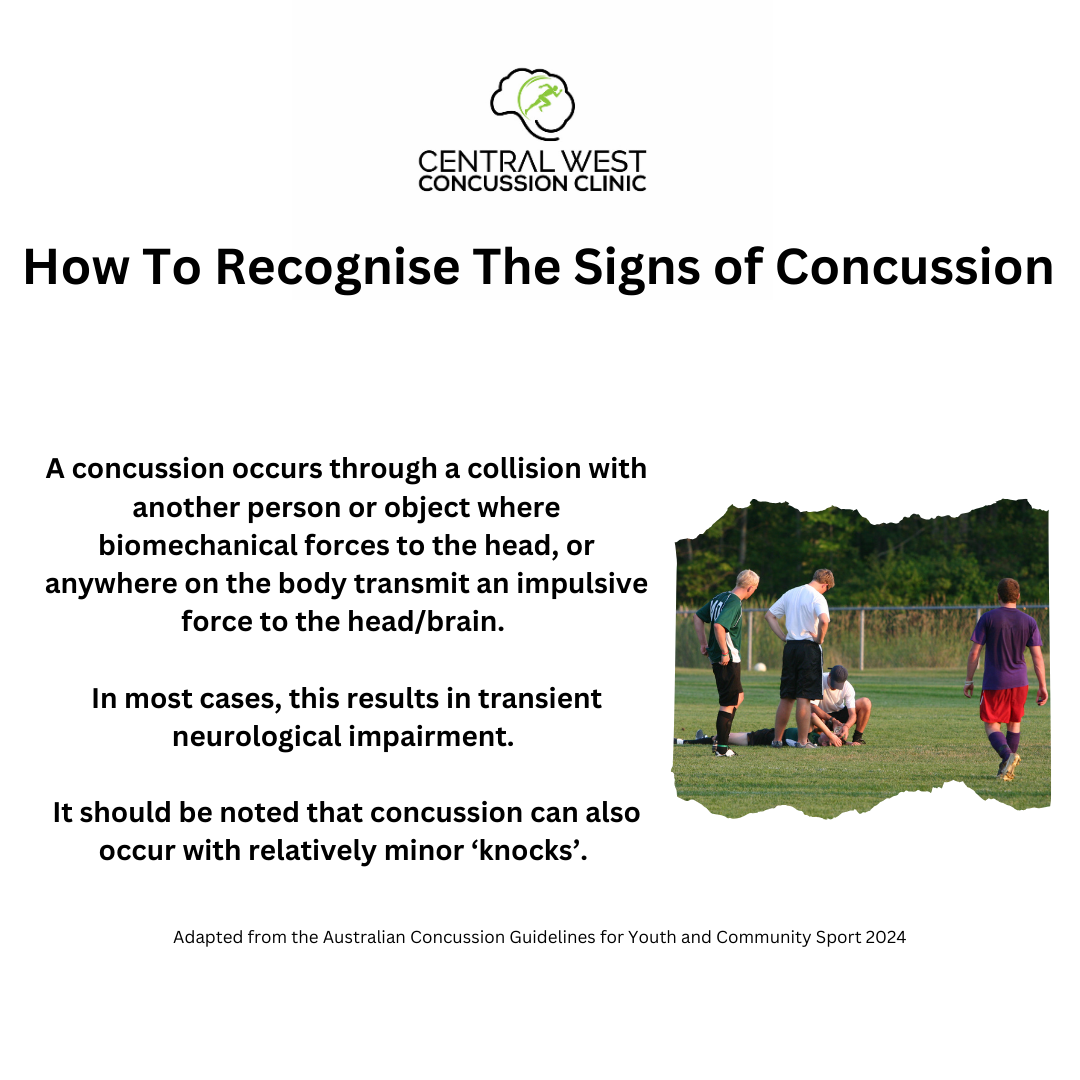
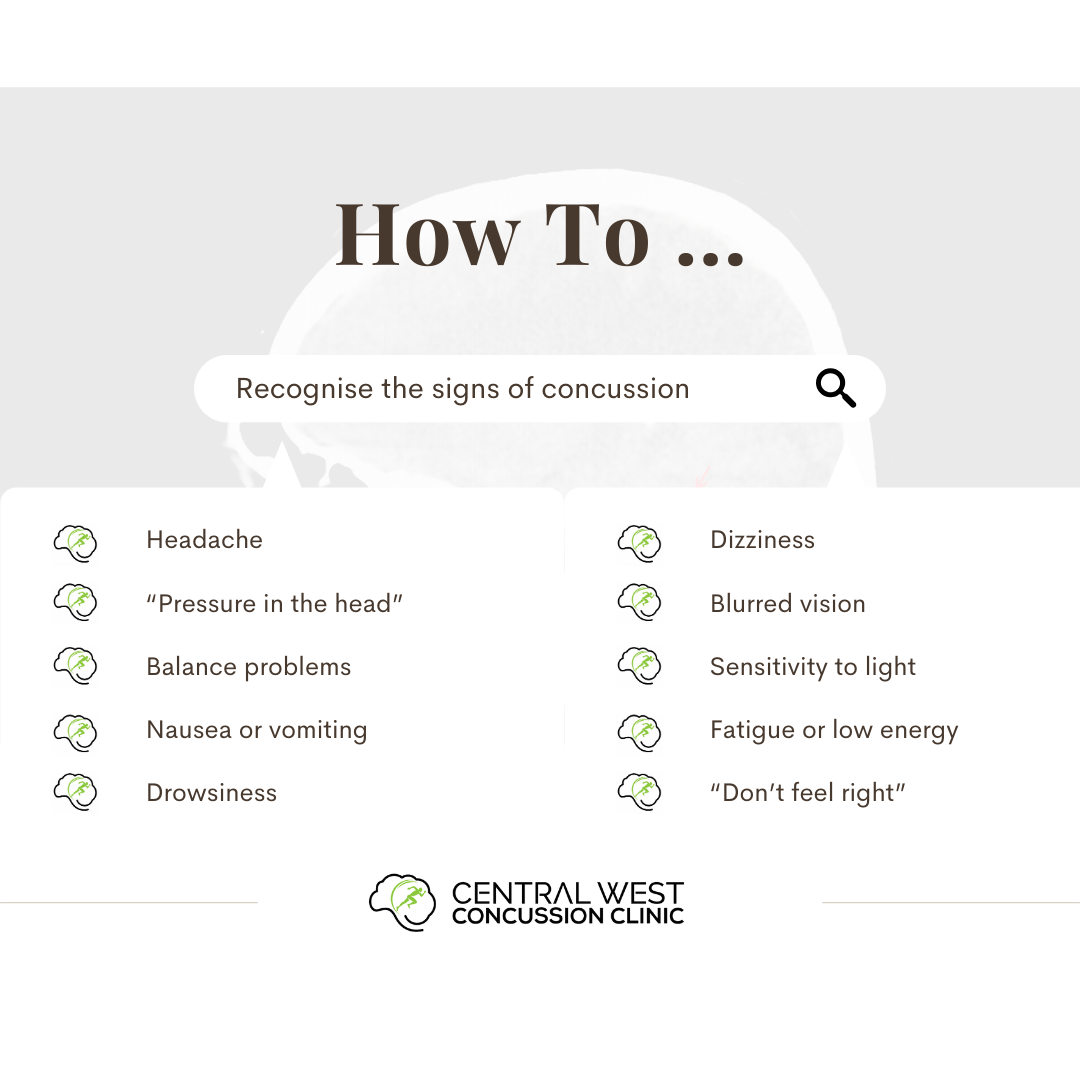
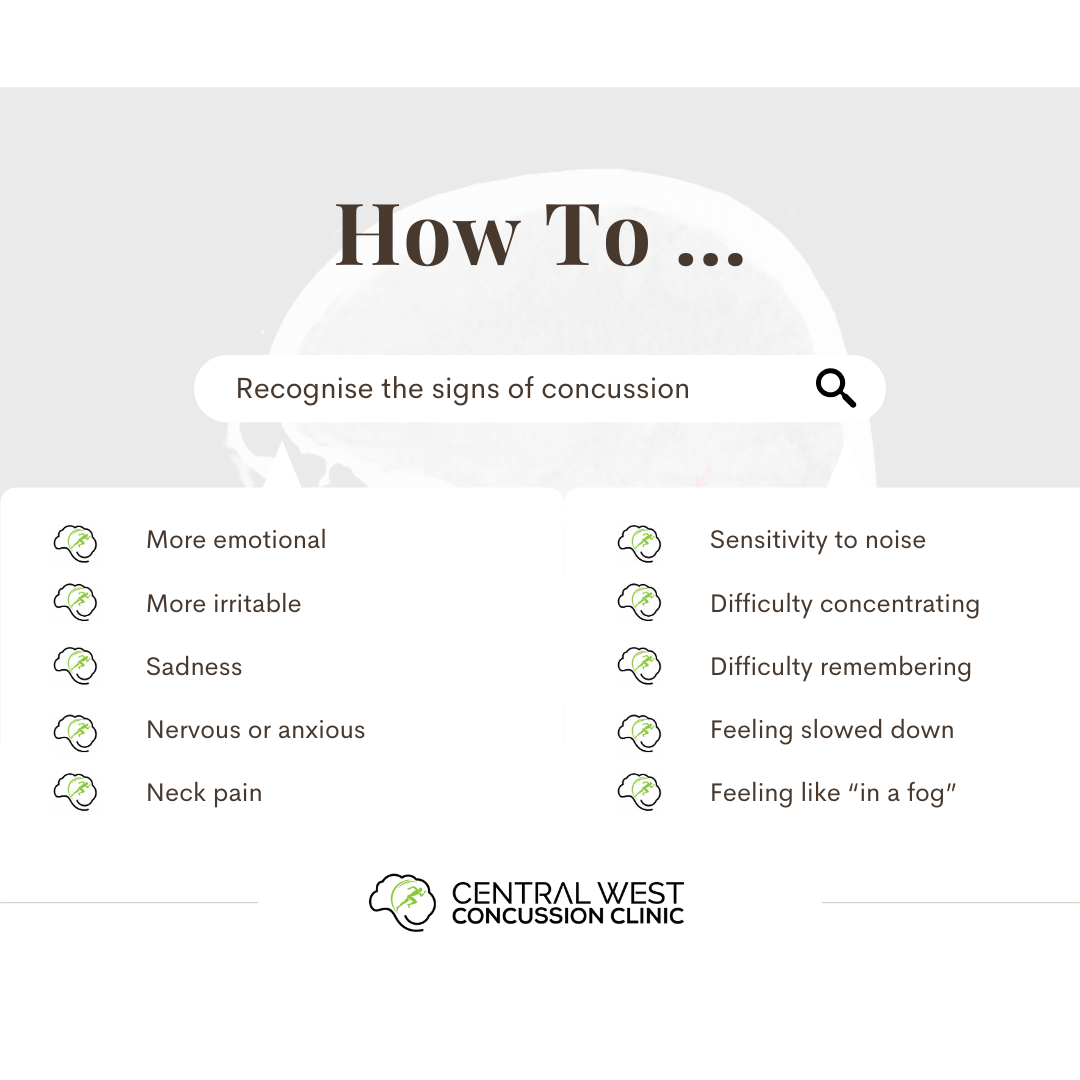
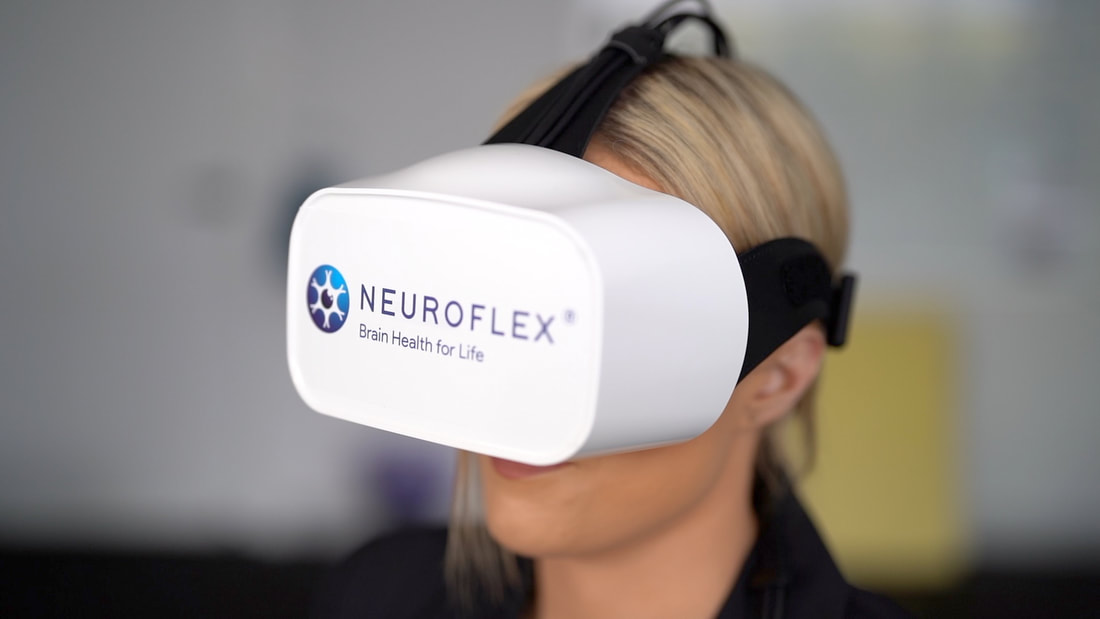
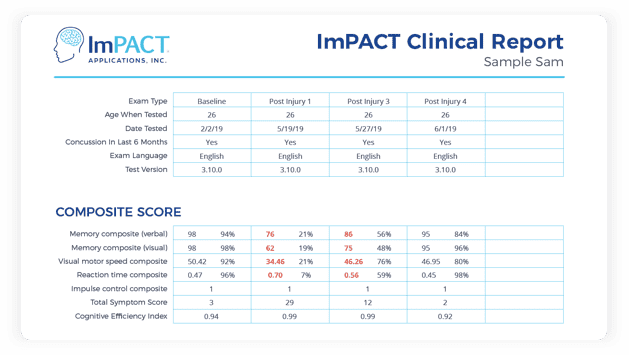
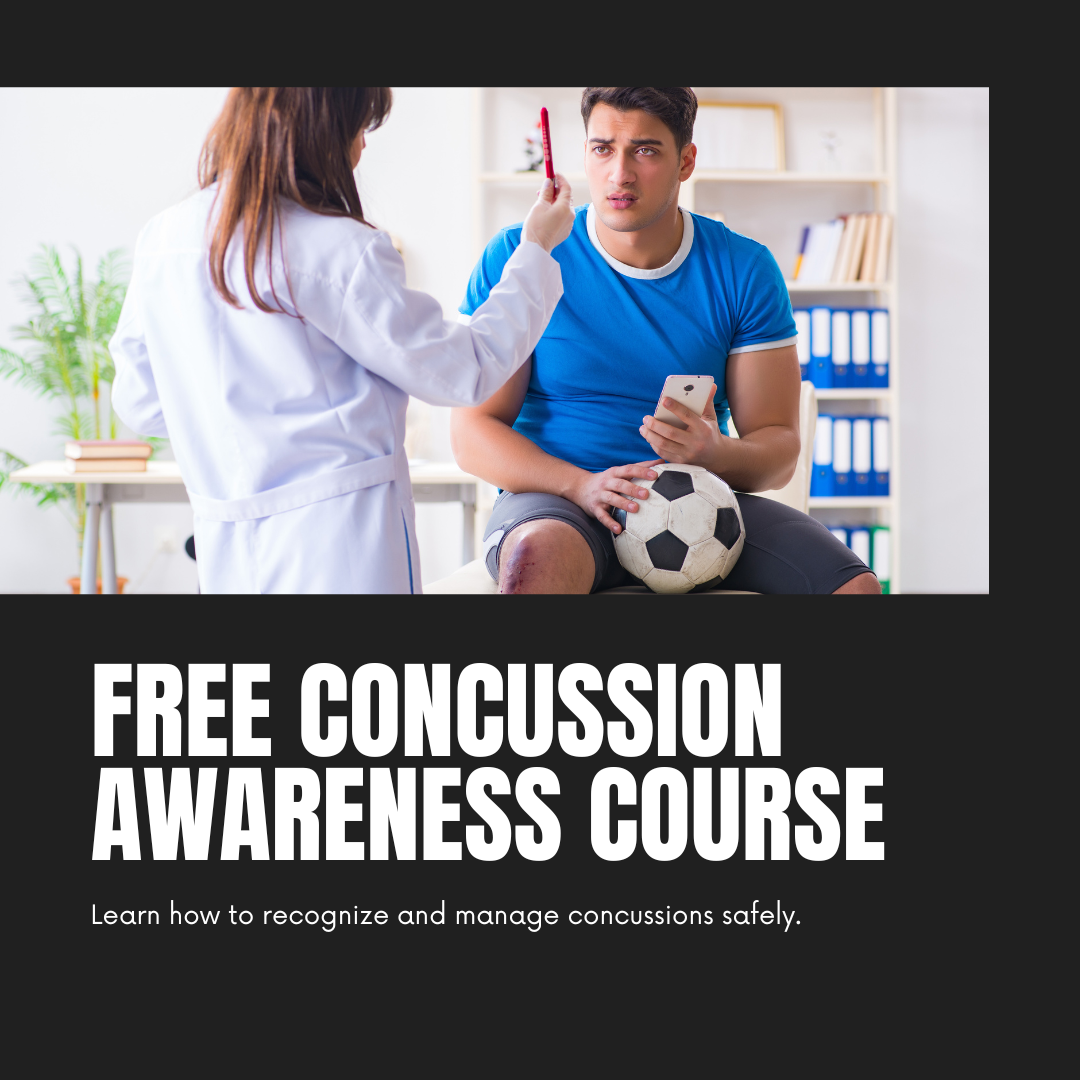

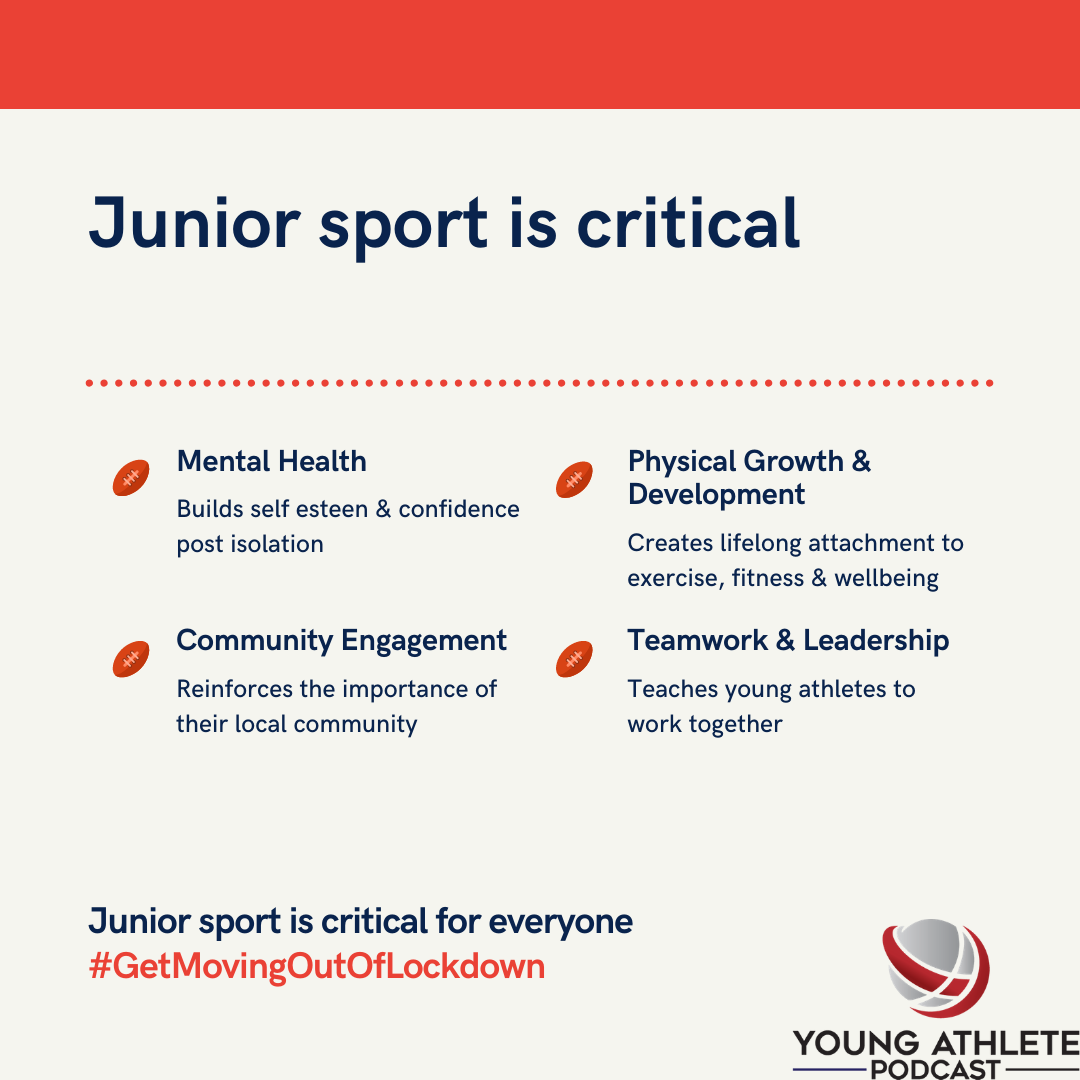
 RSS Feed
RSS Feed